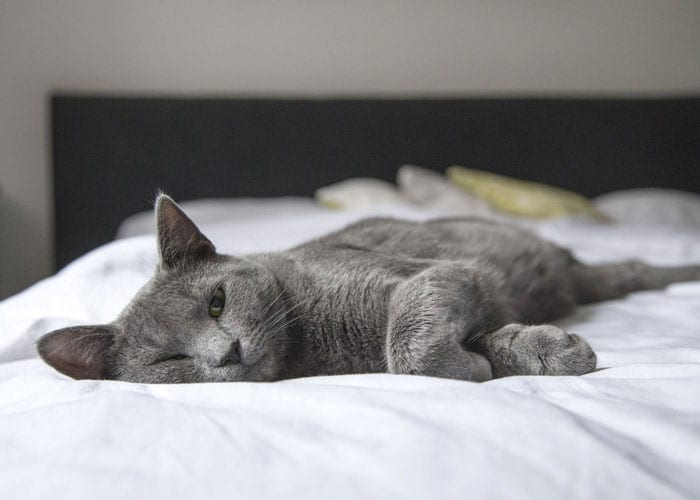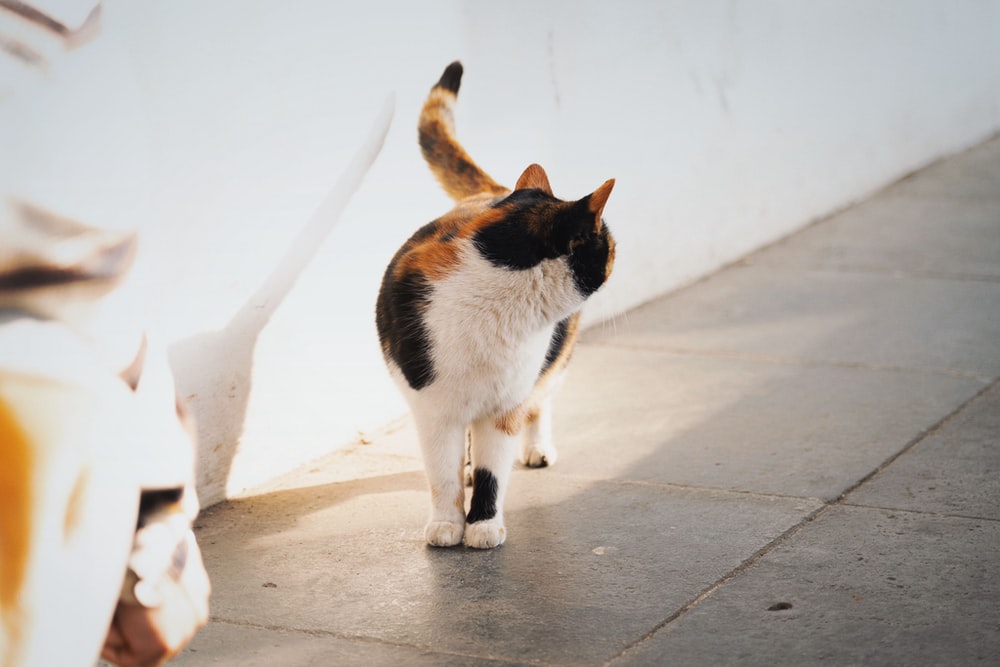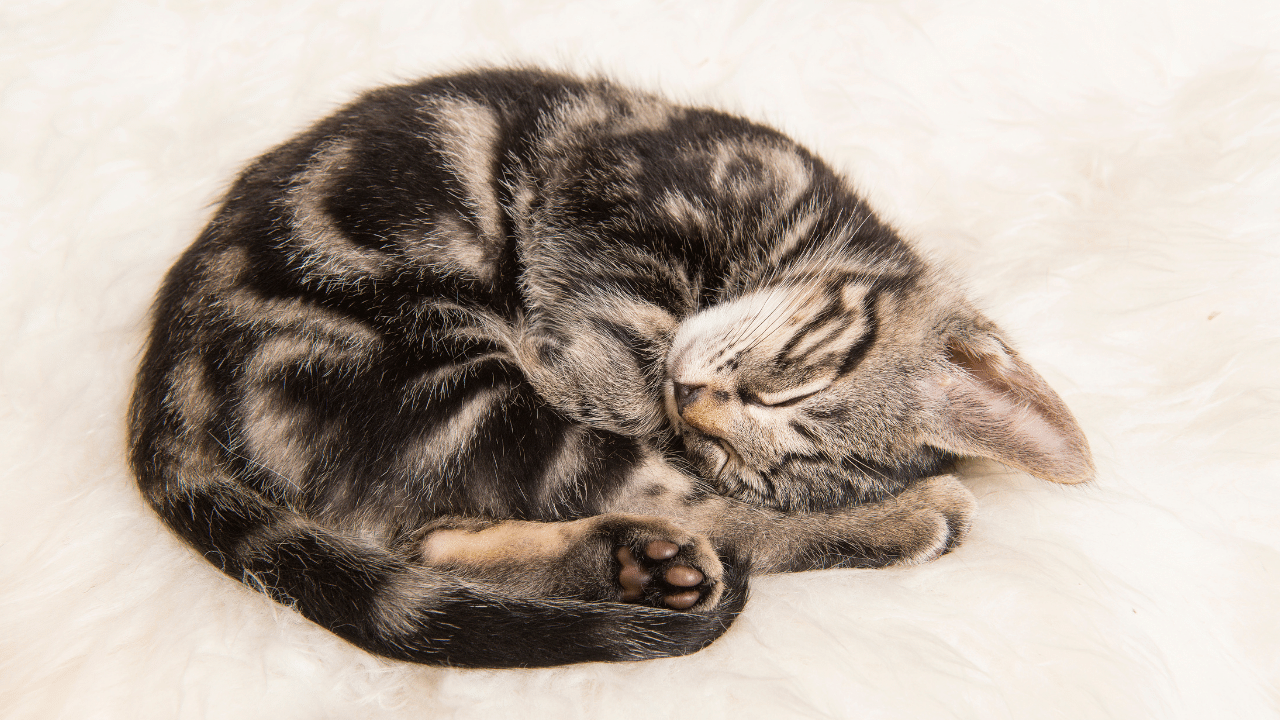Neutering your cat will help him to lead a healthier and longer life. This is because you will eliminate the possibility of testicular cancer among other related ailments.
One of the side effects of the neutering procedure is excessive sleeping—your feline friend will start sleeping for longer, especially in the days after the surgery.
While this may be scary for a pet parent, it shouldn’t be. In fact, to keep you in the know, here is why your cat may sleep longer after neutering and what you can do about it.
Reasons Why Your Cat May Sleep A Lot After Neutering

1. He May Be Tired
If your cat just got neutered, the excessive sleeping might just be indicative of how tired your feline friend is considering what he has just gone through.
Immediately after a neuter procedure, you should expect your cat to sleep longer for the next two days or so.
This should be sufficient time for your kitty to get back to his normal mischievous self although some cats may still appear tired for the entire week.
However, if you notice your cat is still sleeping more than normal almost a week after the procedure, there might be cause for alarm.
2. The Side Effects of Drugs
The anesthesia that was used when neutering your cat will not wear off immediately.
As long as there are some traces of it in the cat’s system, he will be drowsy and tend to sleep more than usual.
If it is just the anesthesia that is making your cat drowsy, the situation will improve in a couple of days.
However, other drugs like antibiotics, for instance, might also make him sleepier than usual.
The antibiotics are usually administered to fight any infection that might result from the wound.
The cat may continue feeling sleepy for as long as they are on the antibiotics but once the wound heals and they are taken off the medication, they should be back to normal.
3. His Body Is Healing
Another possible explanation for the excessive sleeping after the procedure could be that his body is trying to heal.
Sleep is restorative and it is normal for a sick animal to want to sleep more.
If your cat has a fever, they will also tend to sleep more. Domestic cats descended from their dessert ancestors and it is hard-wired in them to sleep when the temperatures are too high. This is what dessert cats do to cool down.
Fever is usually an indication of infection but that shouldn’t be a concern as long as they are on antibiotics.
Just give it a couple of days and they should be fine. However, if the fever seems to be getting out of control, then you may want to contact your vet immediately.
4. Your Cat’s Wound Isn’t Healing
If your cat’s wound doesn’t heal as fast as it should, you may notice him sleeping for longer than usual.
Apart from fever, your cat might be in pain and he may be sleeping as a way of avoiding the pain.
You can check the wound to see if the wound is healing. An abscess would indicate the wound has been infected and that would require a vet’s attention pronto.
There are other tell-tale signs to look for. For instance, if your kitty has lost appetite, it could mean he is not recovering as he should.
There are several explanations for why the wound might not heal properly. In some cases, the antibiotics administered might not be strong enough or your cat might have reacted to them.
There is also a slight chance that the cat developed an infection just after the dosage was completed.
Taking care of an ailing cat is not as hard as you may think. For starters, your kitty will sleep most of the day. Just make sure you have provided them with a healthy diet and administer all the drugs as directed by the vet.
You should also observe good hygiene as that will help to prevent any infection. Use the following checklist to ensure your cat is recovering properly.
- Is he eating?
- Is he drinking water?
- Does he have regular bowel movements?
Any deviation from the normal should be reason enough to call the vet.
How Long Will Your Cat’s Sleep Patterns Be Normal?

It should take just a couple of days for your cat’s sleep patterns to be back to normal.
However, this might depend on a variety of factors. For instance, if your cat had another underlying health condition, he might take longer to heal.
The age of the cat also comes into play. Older cats generally sleep for longer than younger cats and they also take longer to recover from injuries.
Additionally, neutered cats might have lower testosterone levels which mean they will be less active.
As such, they will probably sleep more than usual and this is normal. This may be more noticeable in breeds that are known to be couch potatoes even in their prime.
Final Thoughts
In summary, it is normal for your cat to sleep longer than usual after a neutering procedure. This is because the drugs are still in the system and the body is trying to heal.
After a week, the cat should get back to his normal sleep patterns.
If this doesn’t happen, there could be something wrong and you should get them checked by a vet just to be safe.
Related Posts:
Can Cats Breastfeed After Being Spayed?

Hi! I am Eleanor Price. I started this website after my cat, Louie, almost died from a case of botulism (a type of food poisoning often caused by bacteria that grow on food items). Turned out that my cat’s diet was the problem. I have made it my duty to provide the best information and recommendations about everything cat lovers need to know about their felines’ health and wellbeing. My goal is to find the most informative content on anything feline-related and share it with fellow hardworking kitty lovers.

